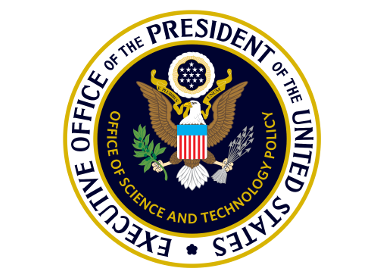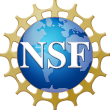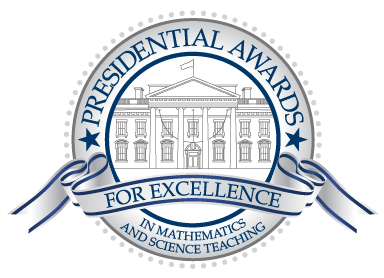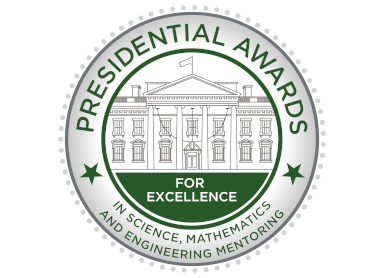Rachel Stagner
Washington, DC | 7-12, Science, 2023

What motivates you to contribute to excellence in STEM teaching?
I’m driven by the moment students realize they can succeed in STEM, especially those who don’t see themselves that way at first. In my classroom, students tackle real-world problems like ocean acidification and present solutions to policymakers, stakeholders, and our community. Through hands-on, purposeful learning, I teach to grow the thinkers and leaders our future needs—not by lowering the bar, but by removing the gate.
What has been the most transformative moment that affirmed your impact on STEM education?
Leading a field research trip to Costa Rica with my students, I watched them hike through the rainforest, collect caterpillars, and analyze biodiversity data alongside working scientists. It was powerful to see a group of learners so engaged in real-world STEM research: asking questions, collecting data, and collaborating in the field. On a follow-up visit to the Smithsonian, we met with an expert in the field who collaborates with the scientist we worked with in Costa Rica. After we left, a student turned to me with a huge smile and said, “That could be me someday!” In that moment, I knew I had done what I set out to do: create meaningful STEM experiences that help students see themselves as future scientists.
Using your platform as a Presidential Awardee, how do you hope to advance our nation in STEM?
As a Presidential Awardee, I hope to amplify the power of experiential STEM learning that connects students to real-world challenges and authentic research. I want to help more teachers design engaging, relevant experiences that show students how STEM shapes their world. By mentoring educators, sharing ideas, and involving students in place-based, meaningful research, I aim to build a stronger, more connected STEM future for our nation.
Biography
Rachel Stagner has taught science for over 15 years, currently serving as STEM Coordinator and educator at Templeton Academy. She teaches high school STEM courses and supports interdisciplinary, project-based learning that connects students to real-world issues and authentic research experiences. Rachel designed the STEM program for Templeton’s Washington, DC, campus and supports teachers in implementing experiential, research-driven instruction. She is passionate about helping students connect science to their daily lives through hands-on projects and fieldwork. Through partnerships with research organizations, she has led student expeditions to Costa Rica and is planning a trip to Mexico to study marine ecology, combining data collection with cultural and environmental exploration. Rachel served as an Albert Einstein Distinguished Educator Fellow at NASA Headquarters in the Aeronautics Research Mission Directorate. She has been a Board Member for the Oregon Science Teachers Association and has presented at local, state, and national conferences on authentic STEM learning. Her recognitions include the Robert Noyce Teaching Scholarship, M.J. Murdock Charitable Trust Partners in Science Grant, and NASA Climate Change Research Initiative Fellowship. In addition to her work with students, Rachel mentors early-career teachers and collaborates with colleagues to expand access to STEM through fieldwork, partnerships, and community-based projects. Her goal is to foster curiosity, confidence, and purpose in every learner she works with. Rachel holds a B.S. in Fisheries and Wildlife Management with a minor in Environmental Studies from Michigan State University. She earned an M.S. in Teaching and an M.Ed. in Secondary Education from Portland State University.
High-resolution version of the teacher profile photograph
The views expressed in awardee profiles are those of the author and do not necessarily reflect the views of NSF or the PAEMST program.



